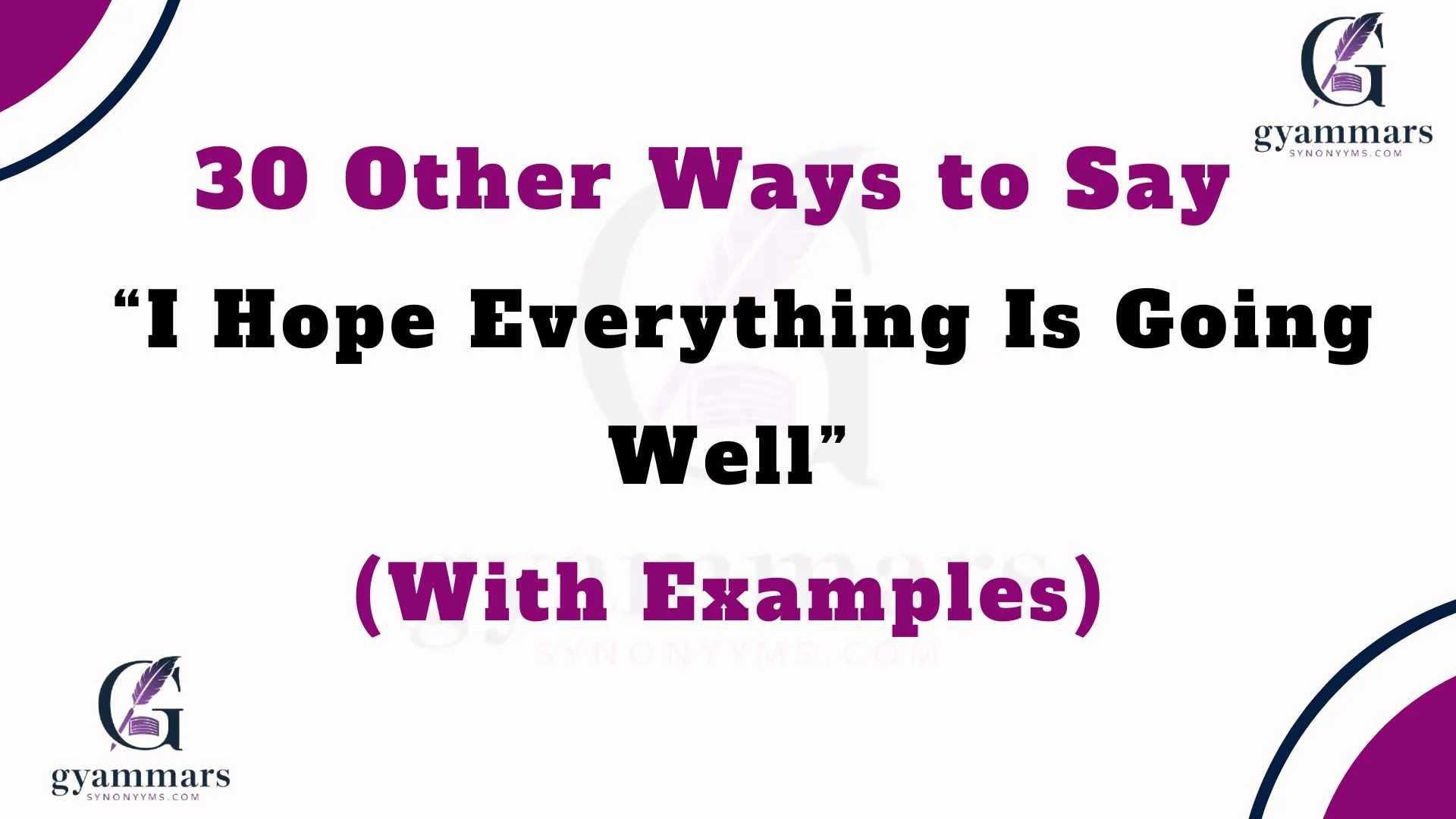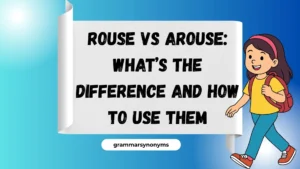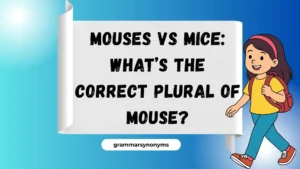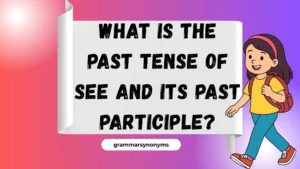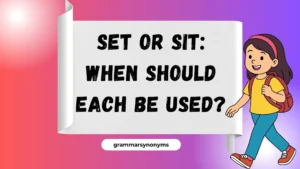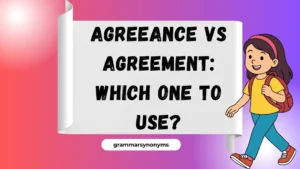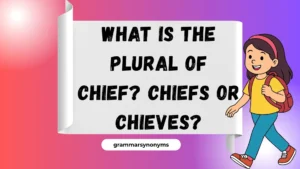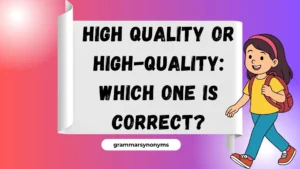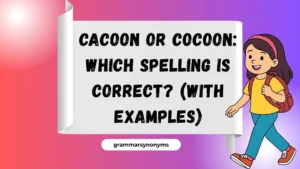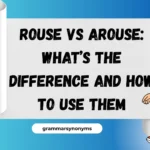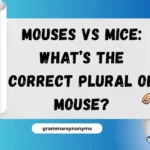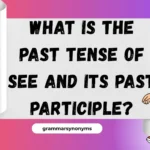Finding the right words to express care can make a big difference in how your message is received. The phrase “I hope everything is going well” is a classic way to check in with someone, but sometimes it can feel a little too common or generic. By exploring thoughtful alternatives, you can add warmth, personalization, and sincerity to your conversations—whether professional or personal.
Below, you’ll discover 30 alternatives to say “I hope everything is going well,” each explained with definitions, usage tips, and examples.
What Does “I Hope Everything Is Going Well” Mean?
The phrase simply expresses care and concern for someone’s current situation, well-being, or life circumstances. It’s a friendly, polite opener that sets a positive tone for conversations.
Is It Professional/Polite to Say “I Hope Everything Is Going Well”?
Yes. It’s both professional and polite. In formal communication, it works well as an opening line in emails, while in casual contexts, it can show thoughtfulness and empathy.
Pros or Cons
Pros:
- Shows genuine care for the other person.
- Works in both personal and professional communication.
- Creates a friendly tone at the start of conversations.
Cons:
- Can sound generic or overused.
- May feel impersonal if used too frequently.
- Lacks specificity about what you are wishing well for.
Why You Need Alternatives to “I Hope Everything Is Going Well”
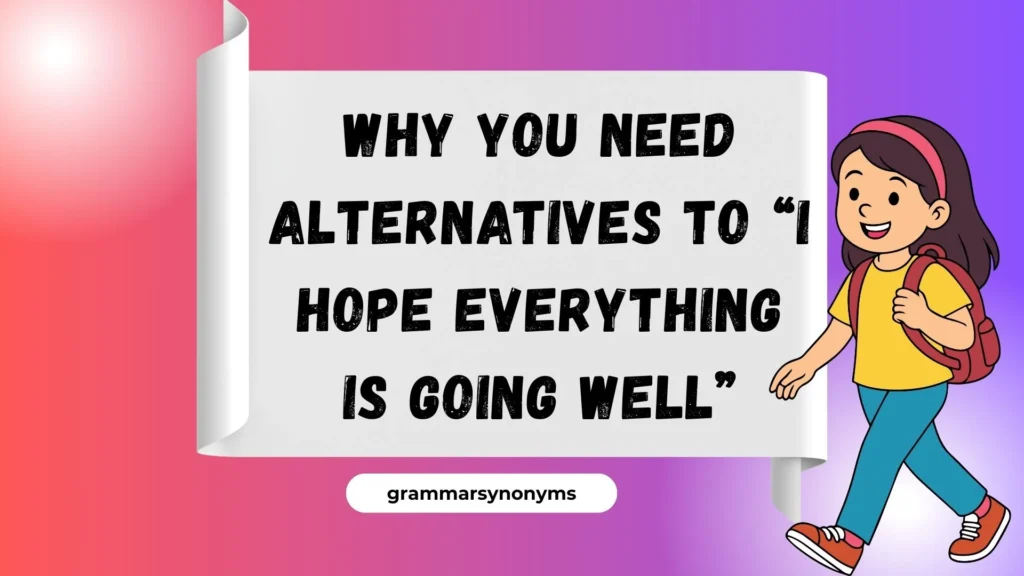
Repetition in communication can make your messages feel robotic or insincere. Using the same phrase over and over might lead your readers to glaze over your words. By exploring alternatives, you can:
- Express genuine interest in someone’s well-being.
- Add personality and warmth to your messages.
- Tailor your tone depending on whether the context is formal or informal.
For instance, sending an email to a manager might require a more professional approach, while texting a friend allows for casual and playful alternatives. Having a variety of phrases ensures that your message always hits the right note.
Formal Alternatives to “I Hope Everything Is Going Well”
In professional or business settings, it’s important to maintain a polished and respectful tone. Here are some alternatives that work well in emails, meetings, or professional correspondence:
- I hope this message finds you well.
Example: “Dear Mr. Smith, I hope this message finds you well. I wanted to follow up on our last discussion.” - I trust you are doing well.
Example: “Hello Dr. Lee, I trust you are doing well. I’m reaching out regarding the upcoming project deadline.” - I hope you are having a productive week.
Example: “Hi Sarah, I hope you are having a productive week. Could we schedule a meeting to review the report?”
These phrases are polite, professional, and convey genuine care without sounding overly casual.
Informal Alternatives for Casual Conversations
When texting friends, family, or peers, you can afford to be more relaxed and conversational. Some informal alternatives include:
- Hope all’s good with you!
Example: “Hey John, hope all’s good with you! Want to catch up later?” - How’s everything going?
Example: “Hi Emma, how’s everything going? Did you enjoy your trip?” - Hope things are going well on your end.
Example: “Hey Mike, hope things are going well on your end. Any updates on your project?” - Hope you’re doing great!
Example: “Hi Ana, hope you’re doing great! Can’t wait to see you this weekend.”
These options are friendly, approachable, and feel genuine, making your communication feel more personal.
Tips for Choosing the Right Phrase
Selecting the best alternative depends on the context, recipient, and tone you want to convey. Here are some tips:
- Consider your audience.
Formal phrases work better for colleagues, clients, and professionals. Casual phrases suit friends, family, and peers. - Match the tone of your message.
If your email or text is upbeat, use a lively greeting. If it’s serious, opt for a more neutral, professional tone. - Keep it concise.
Simple and direct phrases are often more effective than long, wordy alternatives. - Personalize when possible.
Adding a small detail about the recipient can make your greeting feel thoughtful and specific.
Synonyms For “I Hope Everything Is Going Well”
- I hope you’re doing well
- I hope this message finds you well
- I trust you’re doing well
- I hope life is treating you kindly
- I hope all is well with you
- I hope you’re having a good week
- I hope everything’s great on your end
- I hope things are going smoothly for you
- I trust all is going well with you
- I hope you’re staying healthy and safe
- I hope you’re doing great
- I hope all is going smoothly
- I hope you’re having a wonderful day
- I hope everything is fine with you
- I hope all is going well for you
- I trust you’ve been doing well
- I hope you’re enjoying your week
- I hope you’re doing fantastic
- I hope all is going great for you
- I hope you’re keeping well
- I hope your week is off to a good start
- I hope you’ve been doing well lately
- I hope you’re finding joy in your days
- I hope all is good with you
- I hope your day is going well
- I hope things are good with you
- I hope you’re doing amazing
- I hope everything is wonderful for you
- I hope you’re well
- I hope you’re having a great time
1. I hope you’re doing well
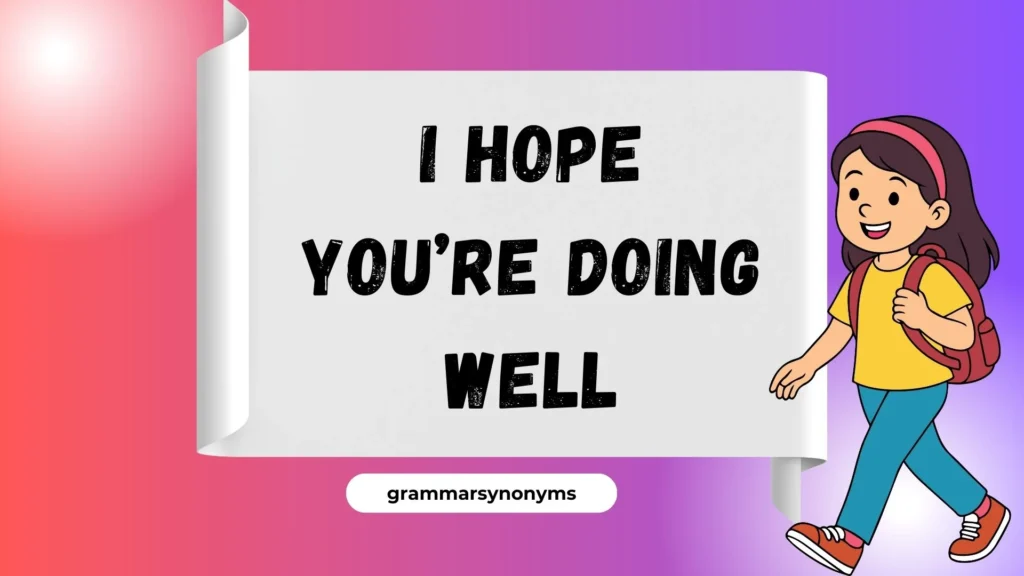
Definition: A direct and polite check-in on someone’s general well-being.
Detailed Explanation: Commonly used in both emails and personal conversations to show polite concern.
Scenario Example: “Hi Sarah, I hope you’re doing well. I wanted to follow up on our last discussion.”
Best Use: Works best in professional emails or light personal interactions.
Tone: Polite, neutral.
Additional Notes: Classic, but can feel routine if used too often.
2. I hope this message finds you well
Definition: A formal phrase wishing the recipient good health or happiness at the time of reading.
Detailed Explanation: Often seen in emails as a professional greeting.
Scenario Example: “Dear Mr. Khan, I hope this message finds you well. I’m writing regarding the upcoming project.”
Best Use: Best for business emails and formal settings.
Tone: Formal, professional.
Additional Notes: Great for first-time communication.
3. I trust you’re doing well
Definition: Expresses confidence that the person is fine.
Detailed Explanation: Shows positive expectation instead of just hope.
Scenario Example: “Hi Ali, I trust you’re doing well and enjoying your new role.”
Best Use: Professional correspondence with colleagues or clients.
Tone: Confident, respectful.
Additional Notes: Adds subtle authority and optimism.
4. I hope life is treating you kindly
Definition: Wishing someone’s personal life is going smoothly.
Detailed Explanation: Goes beyond work—emphasizes overall well-being.
Scenario Example: “It’s been a while! I hope life is treating you kindly these days.”
Best Use: Personal check-ins with friends or family.
Tone: Warm, caring.
Additional Notes: More personal than professional.
5. I hope all is well with you
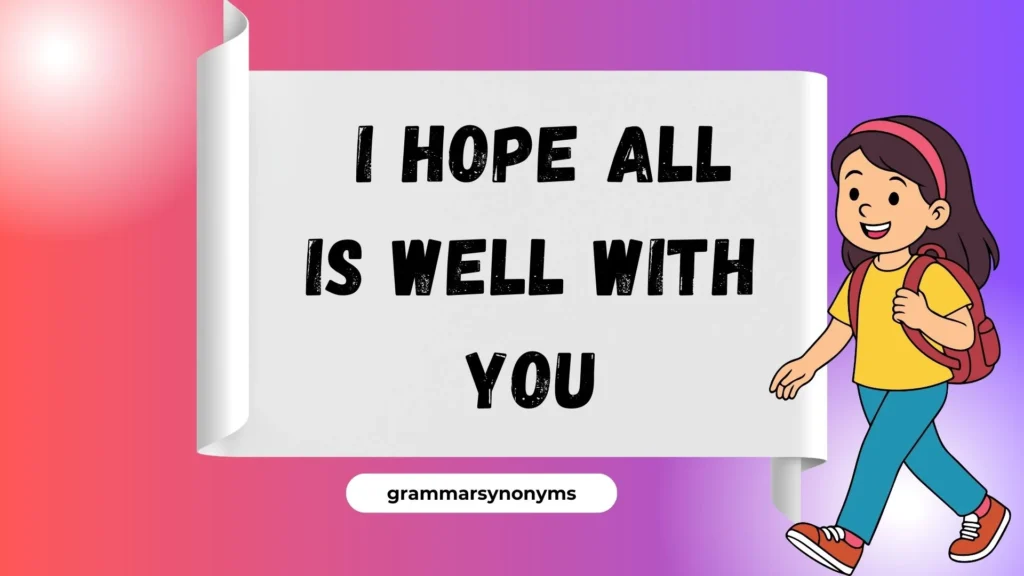
Definition: Simple way of wishing everything in someone’s life is okay.
Detailed Explanation: Can be used universally—formal or casual.
Scenario Example: “Good morning, I hope all is well with you. Let’s discuss the proposal.”
Best Use: Emails or personal notes.
Tone: Neutral, polite.
Additional Notes: Widely accepted but sometimes overused.
6. I hope you’re having a good week
Definition: Specific to a timeframe, wishing positivity in the week.
Detailed Explanation: Makes the message time-sensitive and more relevant.
Scenario Example: “Hi Emily, I hope you’re having a good week. Just checking in about tomorrow’s meeting.”
Best Use: Weekly updates or casual work emails.
Tone: Friendly, light.
Additional Notes: Helps avoid sounding generic.
7. I hope everything’s great on your end
Definition: A casual phrase expressing positivity about someone’s situation.
Detailed Explanation: Informal, conversational, often used with peers.
Scenario Example: “Hey, I hope everything’s great on your end. How’s the new project going?”
Best Use: Friendly messages with colleagues or friends.
Tone: Informal, upbeat.
Additional Notes: Avoid in highly formal communication.
8. I hope things are going smoothly for you
Definition: A phrase wishing someone’s tasks or life are without trouble.
Detailed Explanation: Shows empathy toward ongoing processes.
Scenario Example: “Hi John, I hope things are going smoothly for you as you settle into your new role.”
Best Use: Supportive notes during transitions.
Tone: Encouraging, kind.
Additional Notes: Best for when you know the person is facing changes.
9. I trust all is going well with you
Definition: Suggests confidence in someone’s well-being.
Detailed Explanation: Similar to “I trust you’re doing well,” but broader.
Scenario Example: “Good afternoon, I trust all is going well with you and your team.”
Best Use: Business correspondence.
Tone: Professional, polite.
Additional Notes: Works well for long-term clients.
10. I hope you’re staying healthy and safe
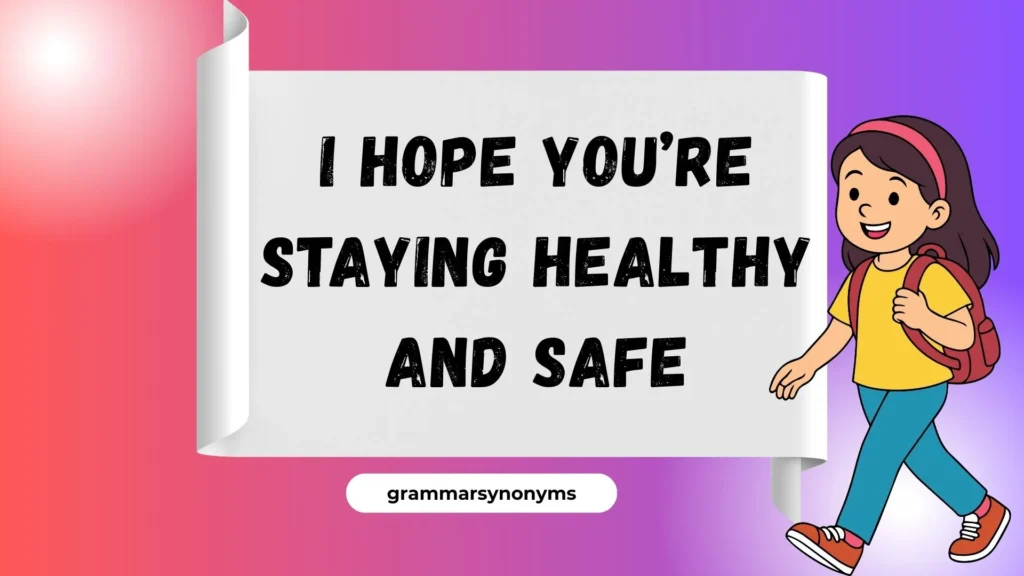
Definition: Wishing someone’s physical safety and well-being.
Detailed Explanation: Became common during global crises but remains empathetic.
Scenario Example: “Hello, I hope you’re staying healthy and safe during this busy season.”
Best Use: Emails and personal communication.
Tone: Caring, warm.
Additional Notes: Best when health and safety are relevant.
11. I hope you’re doing great
Definition: A cheerful way of expressing hope that someone feels good.
Detailed Explanation: More upbeat than “doing well,” conveys energy and positivity.
Scenario Example: “Hi Jacob, I hope you’re doing great! Just wanted to confirm our meeting for next week.”
Best Use: Light, casual conversations or semi-formal emails.
Tone: Friendly, optimistic.
Additional Notes: Avoid in very serious or somber contexts.
12. I hope all is going smoothly
Definition: A phrase wishing tasks or life transitions are progressing without issues.
Detailed Explanation: Works well when someone is managing responsibilities.
Scenario Example: “Hi Laura, I hope all is going smoothly with your new project.”
Best Use: Work-related conversations or academic check-ins.
Tone: Supportive, considerate.
Additional Notes: Great when you know they’re working on something specific.
13. I hope you’re having a wonderful day
Definition: A wish for a pleasant day.
Detailed Explanation: Adds warmth to professional and casual messages alike.
Scenario Example: “Good morning, I hope you’re having a wonderful day. I’d love to connect on this idea.”
Best Use: Opening emails or text messages.
Tone: Cheerful, friendly.
Additional Notes: Can brighten the mood of the reader.
14. I hope everything is fine with you
Definition: Checking politely on someone’s overall well-being.
Detailed Explanation: A variation of “all is well,” but feels slightly more personal.
Scenario Example: “Hello Dr. Smith, I hope everything is fine with you. Thank you for your guidance.”
Best Use: Professional and respectful communication.
Tone: Polite, formal.
Additional Notes: Best for formal contexts rather than casual ones.
15. I hope all is going well for you
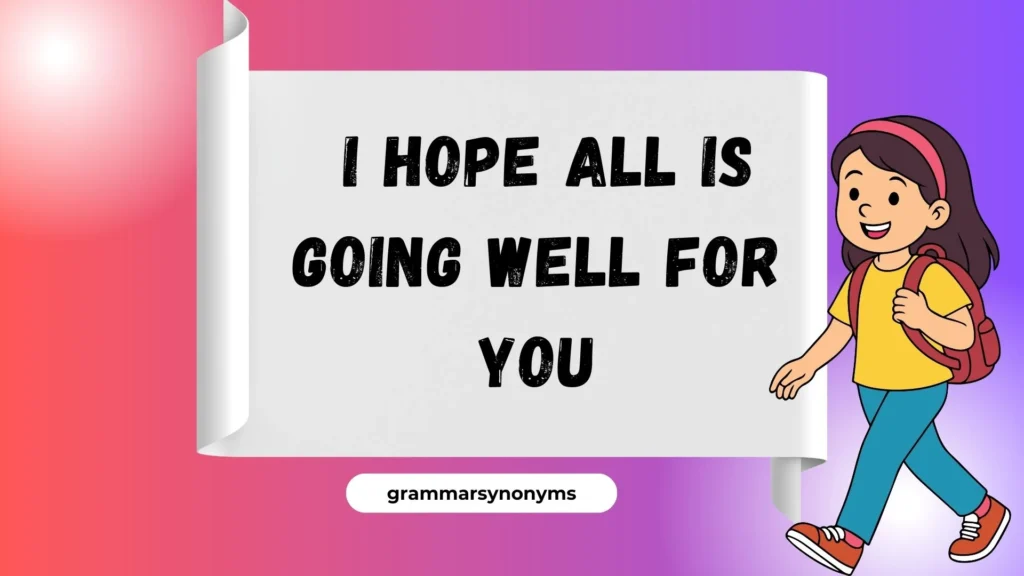
Definition: A universal check-in similar to the original phrase.
Detailed Explanation: Widely accepted across contexts.
Scenario Example: “Hi Sam, I hope all is going well for you and your family.”
Best Use: Email openers and casual notes.
Tone: Neutral, caring.
Additional Notes: Works in almost any setting.
16. I trust you’ve been doing well
Definition: Suggests confidence in someone’s past and ongoing well-being.
Detailed Explanation: Stronger than “I hope,” implying respect.
Scenario Example: “Hello, I trust you’ve been doing well since our last conversation.”
Best Use: Follow-up emails after some time apart.
Tone: Professional, confident.
Additional Notes: Shows positivity and reassurance.
17. I hope you’re enjoying your week
Definition: A time-sensitive phrase wishing someone a good week.
Detailed Explanation: Makes messages more personalized than a generic greeting.
Scenario Example: “Hi Clara, I hope you’re enjoying your week so far. I wanted to touch base about our project.”
Best Use: Friendly or professional updates.
Tone: Light, approachable.
Additional Notes: Perfect for midweek check-ins.
Also Read This : 30 Other Ways to Say “Wishing You the Best” (With Examples)
18. I hope you’re doing fantastic
Definition: A highly enthusiastic way to wish someone well.
Detailed Explanation: Amplifies positivity compared to “doing well.”
Scenario Example: “Hey! I hope you’re doing fantastic and loving your new role.”
Best Use: Personal chats or upbeat professional notes.
Tone: Energetic, enthusiastic.
Additional Notes: Best with people you know well.
19. I hope all is going great for you
Definition: A phrase expressing that you wish everything is not just fine, but great.
Detailed Explanation: Builds on positivity and warmth.
Scenario Example: “Hi David, I hope all is going great for you and your team.”
Best Use: Professional encouragement or casual support.
Tone: Optimistic, encouraging.
Additional Notes: Better in casual than highly formal messages.
20. I hope you’re keeping well
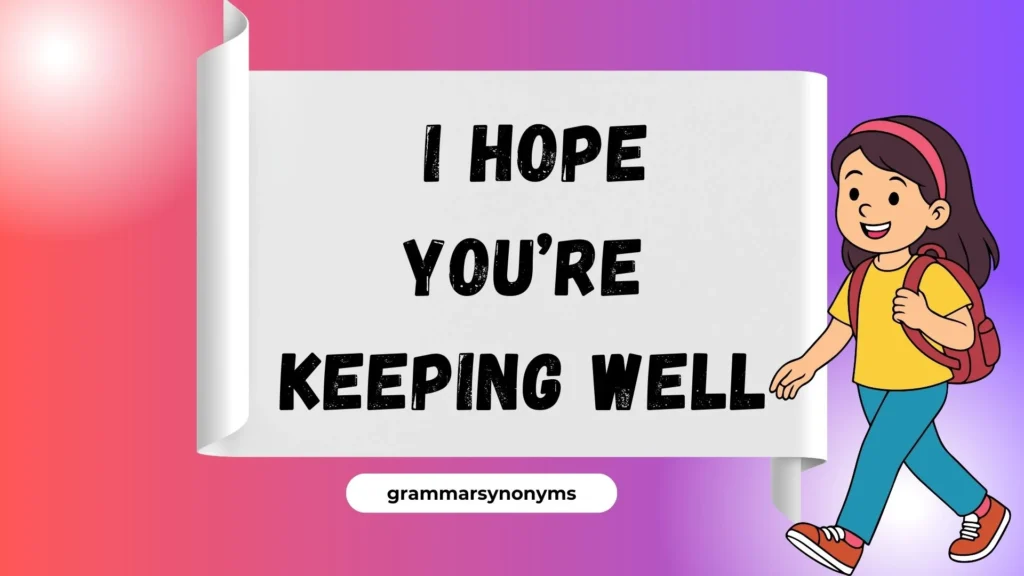
Definition: A phrase focusing on health and wellness.
Detailed Explanation: Especially useful in times of stress or illness.
Scenario Example: “Hello, I hope you’re keeping well. It’s been a while since we caught up.”
Best Use: Personal check-ins or polite emails.
Tone: Caring, warm.
Additional Notes: Feels more empathetic than standard options.
21. I hope your week is off to a good start
Definition: A greeting for the beginning of the week.
Detailed Explanation: Creates specificity and relatability.
Scenario Example: “Hi Anna, I hope your week is off to a good start. Let’s go over tomorrow’s agenda.”
Best Use: Monday or early-week messages.
Tone: Friendly, casual.
Additional Notes: Context-specific but thoughtful.
22. I hope you’ve been doing well lately
Definition: Checks on recent well-being.
Detailed Explanation: Suggests you’ve thought of the person in the near past.
Scenario Example: “Hi Matthew, I hope you’ve been doing well lately. How have things been with your new role?”
Best Use: Follow-ups after a gap.
Tone: Warm, personal.
Additional Notes: Ideal for reconnecting.
23. I hope you’re finding joy in your days
Definition: Wishes someone happiness in daily life.
Detailed Explanation: Goes deeper than surface-level well-being.
Scenario Example: “Dear friend, I hope you’re finding joy in your days. You deserve it.”
Best Use: Close relationships or thoughtful notes.
Tone: Warm, heartfelt.
Additional Notes: Avoid in formal/professional settings.
24. I hope all is good with you
Definition: Simple variation of “all is well.”
Detailed Explanation: Direct, casual, and friendly.
Scenario Example: “Hi, I hope all is good with you. Let’s catch up soon.”
Best Use: Friends, peers, or light conversations.
Tone: Casual, informal.
Additional Notes: Too relaxed for formal settings.
25. I hope your day is going well
Definition: Time-specific wish for a pleasant day.
Detailed Explanation: Adds immediacy and friendliness.
Scenario Example: “Good afternoon, I hope your day is going well. I wanted to confirm the details for tomorrow.”
Best Use: Emails or mid-day texts.
Tone: Polite, approachable.
Additional Notes: Works both formally and casually.
26. I hope things are good with you
Definition: Polite phrase expressing general well-being.
Detailed Explanation: Short, to the point, yet caring.
Scenario Example: “Hey, I hope things are good with you. How’s the family?”
Best Use: Friendly messages.
Tone: Casual, warm.
Additional Notes: Too informal for professional settings.
27. I hope you’re doing amazing
Definition: A more enthusiastic alternative to “doing well.”
Detailed Explanation: Adds extra positivity and energy.
Scenario Example: “Hi Rachel, I hope you’re doing amazing! Let’s grab coffee soon.”
Best Use: Friends and peers.
Tone: Excited, upbeat.
Additional Notes: Avoid in very formal messages.
28. I hope everything is wonderful for you
Definition: A wish that life is not just okay, but excellent.
Detailed Explanation: Creates a warm, almost celebratory tone.
Scenario Example: “Hi, I hope everything is wonderful for you as you start this new journey.”
Best Use: Personal milestones.
Tone: Joyful, caring.
Additional Notes: Too affectionate for strict professional settings.
29. I hope you’re well
Definition: A short and simple well-wishing phrase.
Detailed Explanation: Often used in professional emails as a concise greeting.
Scenario Example: “Hi Dr. Lee, I hope you’re well. Thank you for your quick response.”
Best Use: Professional emails.
Tone: Polite, minimal.
Additional Notes: Brief, but sometimes too generic.
30. I hope you’re having a great time
Definition: Wishing someone enjoyment in their current activities.
Detailed Explanation: Best used when you know they’re doing something specific.
Scenario Example: “Hey, I hope you’re having a great time on your trip!”
Best Use: Vacations, events, or celebrations.
Tone: Fun, cheerful.
Additional Notes: Not suitable for business communication.
Conclusion
Saying “I hope everything is going well” is a kind, polite way to connect—but having alternatives allows you to express yourself with warmth, creativity, and sincerity. Whether you want to sound professional, casual, or deeply caring, these 30 alternatives help you adapt your words to the context and your relationship with the other person. The right phrase can make your message feel more personal, thoughtful, and genuine.
FAQs About Alternatives to “I Hope Everything Is Going Well”
1. Is it professional to say “I hope everything is going well” in an email?
Yes, it’s perfectly professional and polite. However, for variety, you can use alternatives like “I hope this message finds you well” or “I trust you’re doing well” to sound more formal.
2. What’s a casual alternative to “I hope everything is going well”?
For friends or peers, you could say “I hope you’re doing amazing,” “I hope things are good with you,” or “I hope you’re having a great time.” These sound natural and friendly.
3. How can I make “I hope everything is going well” sound more personal?
Add context. Instead of the generic phrase, try: “I hope everything is going well with your new project” or “I hope this week has been treating you kindly.” Personalization shows genuine care.
4. Is “I hope you’re well” too short or impolite?
Not at all—it’s concise and widely accepted, especially in professional emails. However, it can sometimes feel too generic, so using a slightly warmer alternative like “I hope you’re keeping well” may work better.
5. What’s the best alternative for formal communication?
In formal or business contexts, phrases like “I trust all is going well with you” or “I hope this message finds you well” are polished, professional, and safe to use.

“Emma Rose at Grammar Synonyms is your go-to expert for everything related to language and expression. Whether you’re refining your grammar, searching for the perfect synonym, or looking for creative ways to improve your writing, Emma Rose provides the tools and inspiration you need. With a wide range of resources designed to elevate your communication, Grammar Synonyms helps you find just the right words to make every sentence shine.
